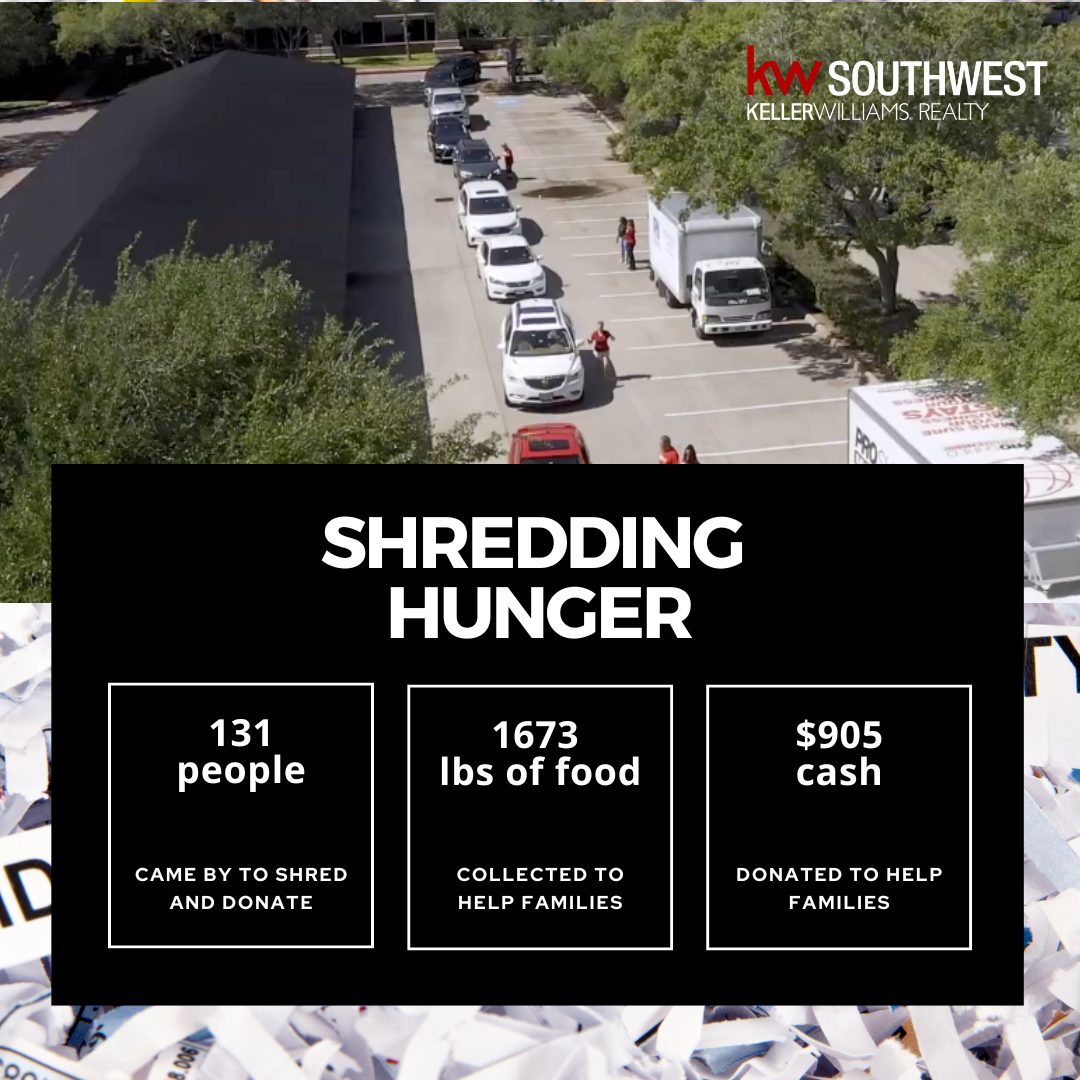
It has been widely accepted for years that renting a home is just cheaper than purchasing. Many believe that the monthly rent will be much cheaper than the mortgage, and there are not as many upfront costs involved. However, in this article, Trulia’s Chief Economist reveals how you can save hundreds of dollars a month by buying a home instead of renting – especially if you can get today’s low mortgage rates, itemize your tax deductions and plan to live there for 7 years.
The Most Important Decision
The most important housing decision that most consumers face is whether to rent or to buy. So to help them with this decision, we took a look at the key market factors affecting the cost of homeownership. First off, asking home prices have started to rebound and have risen by 2.3% year over year in August (3.8% excluding foreclosures); however, rents have risen more (4.7%). This means that prices are lower relative to rents than they were a year ago.
But more importantly, mortgage rates have fallen: the best rates this summer have been around 3.5%, while last summer rates were closer to 4.5%. Based on asking prices and rents during the summer of 2012, buying is now 45% cheaper than renting in the 100 largest U.S. metros, on average – that’s a savings of $771 a month.
If you plan to stay in a home for 7 years, which is the average time that Americans traditionally live in a home before moving again, it is more affordable to buy than to rent in ALL of the 100 largest metros in the U.S.

Costs aside, the decision to rent or buy a home is very personal. There’s a strong emotional component: some people want the security of homeownership and others want the footloose freedom of renting. But the financial factors are also very personal because the decision to rent or buy depends on:
-
Can you qualify for a mortgage at the best rate available?
-
Which tax bracket are you in, and do you itemize your deductions?
-
How long will you stay in your home?
To calculate whether renting or buying costs less, we assume people can get a low mortgage rate of 3.5%, itemize their federal tax deductions and are in the 25% tax bracket, and will stay in their home for seven years. (Below, we’ll show how changing these assumptions can affect the rent-versus-buy math.)
We do the following calculations:
- First, we looked at all the homes for sale and rentals listed in June, July and August 2012. On for-sale homes, we took the asking price and estimated what it would rent for; for rentals, we took the asking rent and estimated what it would sell for. That way, we can calculate the average rent and asking price for an identical set of properties in a metro area, for a direct apples-to-apples comparison. By looking at homes currently for sale or rent, we’re able to illustrate the actual housing options that consumers face right now.
- Second, we estimated the total costs of renting and buying for the typical property in a metro over a seven-year period. We factored in all the costs of homeownership (e.g., closing costs, maintenance, insurance, taxes, etc.), along with the tax benefit of deducting mortgage interest and property taxes, as well as the proceeds from selling the home after seven years with modest home price appreciation.
On the rental side, we factored in renters’ insurance and the security deposit. Finally, we calculate the net-present-value of all those costs to capture the opportunity cost of tying your money up in a down payment. This gives us the total cost of buying versus renting. We then calculated the dollar difference and percentage difference between renting and buying.
- Finally, we looked at alternative scenarios of the costs of renting versus buying, by changing the mortgage rate, the income tax bracket for tax deductions, and the time horizon.
Where Buying is a Slam Dunk
With a 20% down payment, a 30-year fixed mortgage rate at 3.5% and at the 25% federal tax bracket, homeownership is cheaper than renting in all of the 100 largest metros by a wide margin. There is no market where the financial decision is even close, so long as you plan to stay in the home for at least seven years, get 3.5% mortgage, and itemize your tax deductions. However, how much cheaper it is to buy a home than to rent really depends a LOT on where you live.
Buying is 24% cheaper than renting in Honolulu, 28% cheaper in San Francisco, and 31% cheaper in New York. On the other end of the spectrum, homeownership is extremely affordable in Detroit, where buying a home is 70% cheaper to buy than to rent, and 63% cheaper in both Oklahoma City and Gary IN.
Why Mortgage Rates, Tax Brackets and Timing Matters in the Rent vs. Buy Debate
But what if you can’t get the best mortgage rate, don’t itemize your tax deductions or stay in your home for less than seven years? Each of those raises the cost of homeownership, so buying wouldn’t be quite as good of a deal relative to renting.
Here’s why each matters:
- The best mortgage rates are available for people with the best credit scores – and a not-so-hot credit score could make your mortgage a full percentage point higher, which translates to at least a 10% difference in your monthly mortgage payment.
- Itemizing your tax deductions lets you subtract your mortgage interest and property tax payments from your pre-tax income, which lowers your tax burden especially if you’re in a higher tax bracket. How much does not itemizing raise the cost of homeownership? It depends on your tax bracket and the amount of mortgage interest and property taxes you would deduct.
- Selling a home in less than seven years after buying it means that you’re spreading your buying and selling closing costs over fewer years – making the average monthly cost of homeownership higher
This article was curated from Forbes Magazine. Read the original article here.
Want Expert Help Buying Or Selling A Home?
Click here to take the first step!





